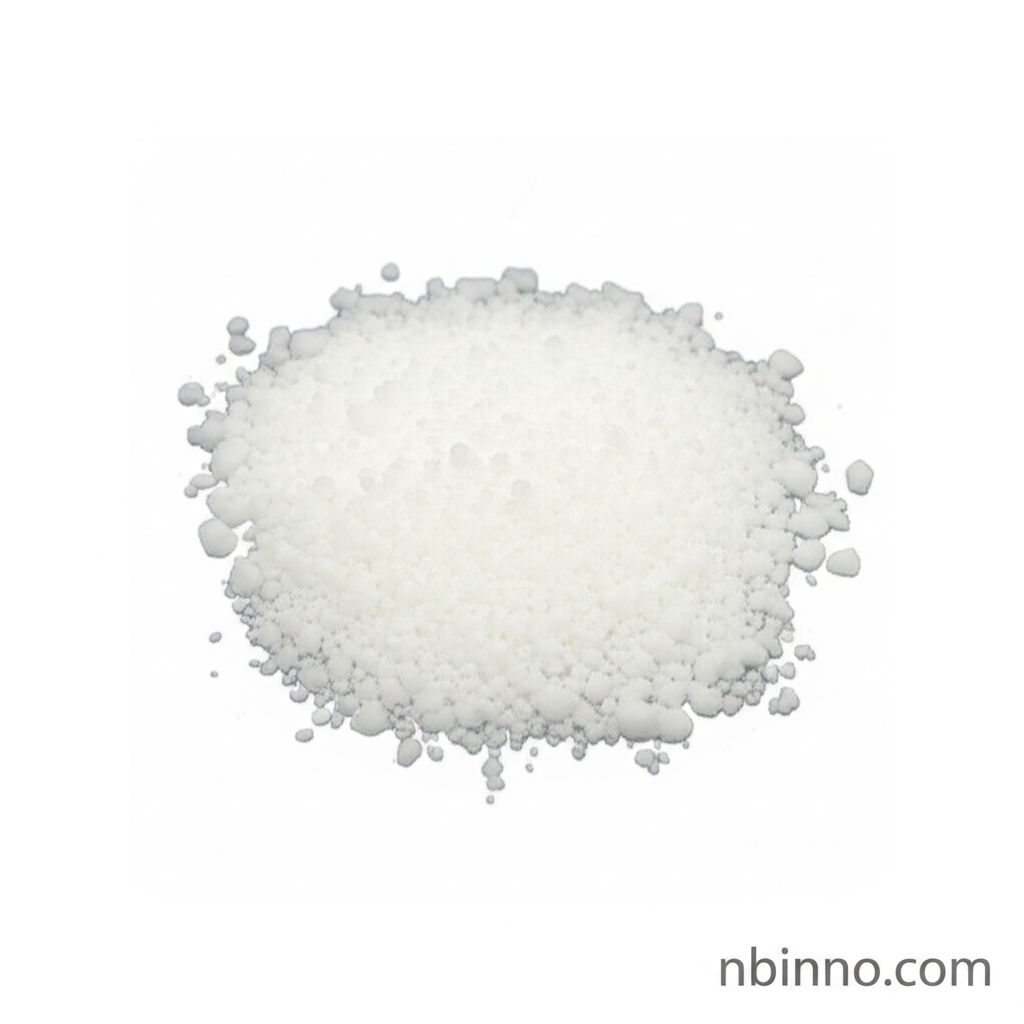Amiprofos Methyl: Properties, Applications, and Research Insights
Discover the chemical intricacies and biological impact of Amiprofos Methyl (CAS 36001-88-4) in scientific exploration.
Get a Quote & SampleProduct Core Value

Amiprofos Methyl
Amiprofos Methyl is a powerful organophosphorus compound recognized for its efficacy as a herbicide and a specific antimicrotubule agent. Its primary mode of action involves the direct inhibition of microtubule polymerization within plant cells, a crucial process for cell division and structural integrity. This makes it an invaluable tool for researchers investigating plant physiology, cell cycle regulation, and the fundamental mechanisms of plant growth and development.
- Explore the Amiprofos methyl herbicide mechanism to understand its targeted action on plant cellular processes.
- Investigate its role as an Amiprofos methyl microtubule inhibitor in studies related to cytoskeletal dynamics.
- Learn about its application as an Amiprofos methyl plant growth regulator in agricultural and biological research.
- Discover the detailed Amiprofos methyl chemical properties, including its CAS number 36001-88-4, for accurate scientific application.
Key Advantages and Features
Potent Antimicrotubule Activity
As an Amiprofos methyl microtubule inhibitor, this compound effectively disrupts normal microtubule assembly, offering critical insights into cell division and cytoskeletal function.
Specific Herbicide Action
Its targeted action as an Amiprofos methyl herbicide makes it a valuable tool for research in agricultural science and weed management, contributing to understanding plant growth control.
Versatile Research Tool
The compound's ability to act as an Amiprofos methyl plant growth regulator extends its utility beyond herbicide studies, enabling research into broader plant development processes.
Key Applications
Plant Physiology Research
Researchers utilize Amiprofos Methyl to study plant cell division and the effects of antimicrotubule agents, leveraging its precise action as an Amiprofos methyl microtubule inhibitor.
Agricultural Science
The compound's herbicidal properties are explored in the context of weed control and understanding the Amiprofos methyl herbicide mechanism for developing more effective agricultural solutions.
Cell Biology Studies
As a tool in cell biology, Amiprofos Methyl aids in understanding cytoskeletal dynamics and the impact of disrupting microtubule polymerization, providing insights into cell cycle regulation.
Chemical Synthesis and Development
Its well-defined Amiprofos methyl chemical properties make it a benchmark for developing new plant protection agents and understanding structure-activity relationships.
